Last Updated on August 5, 2021
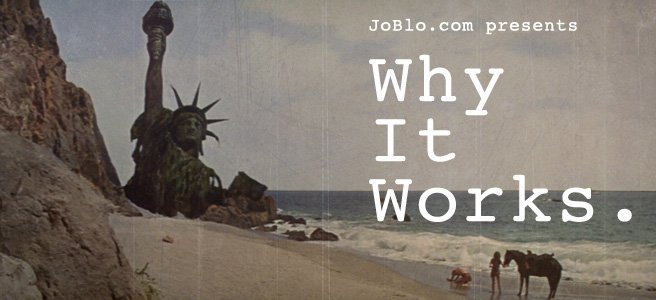 Why It Works is an ongoing column which breaks down some of the most acclaimed films in history and explores what makes them so iconic, groundbreaking, and memorable.
Why It Works is an ongoing column which breaks down some of the most acclaimed films in history and explores what makes them so iconic, groundbreaking, and memorable.
****SPOILERS AHEAD****
With WAR FOR THE PLANET OF THE APES hitting theaters next Friday (you can check out our own Chris Bumbray's review here), it looks like the new APES series is maintaining an impressive run. After the original series fizzled out and Tim Burton's 2001 remake left audiences old, it's great to see a beloved franchise back in capable hands. This week, we're going back to where it all began, with the original 1968 film based on Pierre Boulle's novel and a script by Twilight Zone mastermind Rod Serling. PLANET OF THE APES takes a cold, hard look at humanity's place in the universe, reversing the roles between man and ape, and leaving us with one hell of a bleak ending just when some hope seems to have been found. Here's why it works:
WHY WE LIKE THE CHARACTERS:
We don't spend much time getting to know Taylor, Landon, and Dodge as people, but their plight is enough to have us rooting for them. They've crash landed on an unknown planet with the knowledge that everything they knew back on Earth has been gone for hundreds of years. As they search for clues in an effort to make something of their situation, we can't help but imagine how we would feel in their shoes. Later, Taylor reveals his disenfranchisement with his previous life, admitting that he took on the mission as a means of an escape and to seek out new beginnings. Again, this endears us to him, as we've all had that moment of wanting to pack up and go somewhere new- hopefully with better results. Nova, the silent human who is paired with Taylor, represents not only a link between Taylor's old world and the new, but also serves as a window into this new race of humans. While she may be primitive, all signs suggest she is kind, harmless, and certainly not worthy of being treated like some vicious beast.
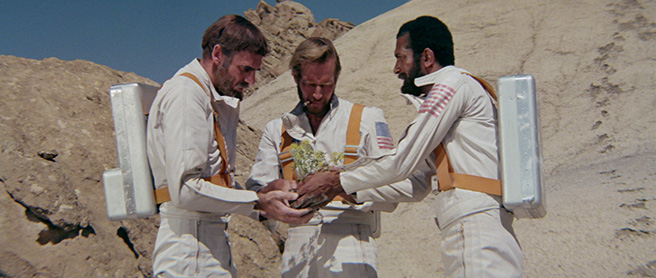 "Life. Where there's one, there's another… and another… and another."
"Life. Where there's one, there's another… and another… and another."
As for the ape residents of this new world, we see as much humanity and dissension among them as with any human civilization. Most of them disregard humans as mindless animals, while animal psychologist Dr. Zira, along with her betrothed Cornelius and nephew Lucius, are sympathetic to humankind and quick to help Taylor when they learn his story. Meanwhile, Dr. Zaius is determined to dismiss Taylor as some trick or anomaly, though it becomes increasingly clear he knows more than he's letting on.
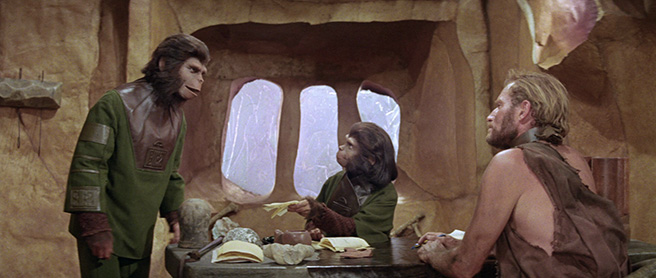 The Andy Serkis of his time, Roddy McDowall would go on to play Caesar in the later films and Galen on the TV series.
The Andy Serkis of his time, Roddy McDowall would go on to play Caesar in the later films and Galen on the TV series.
WHY WE CARE:
The title aside, PLANET OF THE APES spends a good deal of time slowly uncovering the mystery of this new world. After making an educated guess about their time and place relative to Earth, Taylor, Landon, and Dodge first discover life, then signs of civilization, then a primitive race of humans, and finally an advanced race of apes (who happen to speak English, by the way). Once Taylor and company discover the apes, however, we watch a new drama unfold as the apes discover Taylor (Landon and Dodge having been respectively lobotomized and killed in the hunt). His voice temporarily lost, Taylor has to convince his captors that he's not like the others, with Zira trying to help but Dr. Zaius thwarting his every attempt. Even when Taylor regains the ability to speak, he's forced to face a tribunal in which the very definition of man is questioned. Fortunately, PLANET OF THE APES isn't a courtroom drama, so before long, Zira, Cornelius, and Lucius help Taylor escape, with us rooting for them to find a better place but fearing the inevitable pursuit of the rest of the apes.
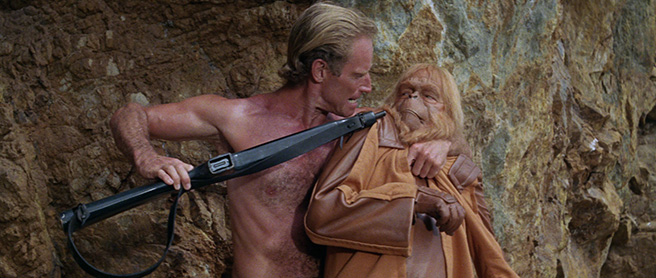 Not do be outdone by McDowall, Charlton Heston played the infamous Zaius in the Tim Burton remake.
Not do be outdone by McDowall, Charlton Heston played the infamous Zaius in the Tim Burton remake.
WHY WE'RE SATISFIED:
As Zaius and company catch up to our protagonists, Cornelius reveals a cave in which they find not only remnants of a civilized human race but a talking toy which suggests humans were once capable of both reason and speech. Having proven his case to the apes, Taylor sets off in search of answers, but once he's gone, Zaius orders to cave to be destroyed and for Taylor's accomplices to be charged with heresy. If that's not enough- and if you know one thing about PLANET OF THE APES, you know what comes next- Taylor and Nova come upon a massive remnant of the old civilization- the Statue of Liberty. In the film's final moments, Taylor realizes that he's back on a dystopian, post-apocalyptic Earth where humanity has been reduced to undomesticated beasts. While this is about the furthest thing from a traditionally satisfying ending, it's hugely satisfying in the message it sends. In their last conversation, Zaius tells Taylor that man "must be a warlike creature who gives battle to everything around him, even himself," and so the final shot of the film serves as a striking example of the morality tale being told about the consequences of our actions.
 TAYLOR: Doctor, I'd like to kiss you goodbye.
TAYLOR: Doctor, I'd like to kiss you goodbye.
ZIRA: All right… but you're so damned ugly.
WHY WE REMEMBER:
For most of us who weren't around when PLANET OF THE APES was released, we probably saw the ending spoofed about a hundred times before seeing the film itself. As with any great film, though, there is so much more to it than one big twist, and so the story works beautifully whether or not you know what's coming. Between Boulle's novel, Rod Serling's original adaptation, and Michael Wilson's rewrite, the script is awash with philosophy and questions about man's nature, destructive tendencies, and place in the universe while still managing to feel naturalistic (and giving us plenty of quotable lines along the way, you damn dirty ape). Similarly, Franklin J. Schaffner's direction and the production design feel organic and keep the film from suffering from the sci-fi stigma characteristic of many films of the era. None of this matters if the apes look ridiculous, however, so while the lip synching may leave something to be desired, the prosthetics and makeup still look impressively seamless to this day. The cast of Charlton Heston, Roddy McDowall, Kim Hunter, Maurice Evans, and more adds a weight of credibility to the film, and Jerry Goldsmith's unforgettable score offers an appropriately otherworldly feel in a way that keeps us disoriented, on edge, and at times even a bit scared.
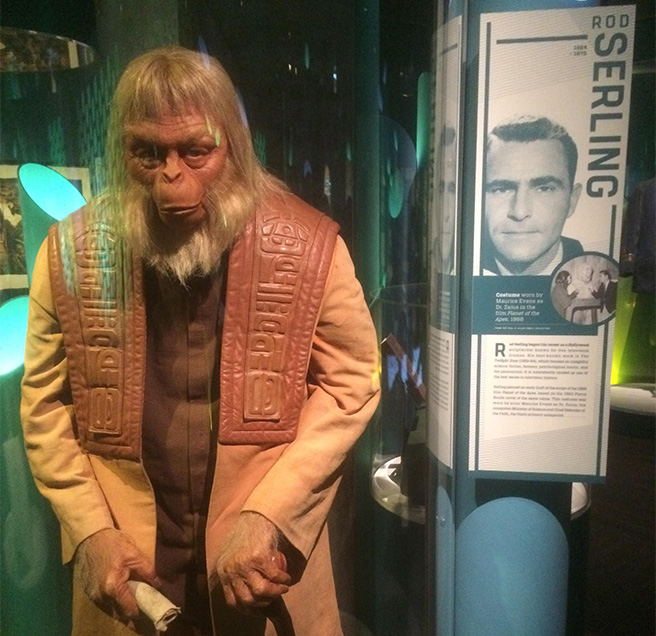 I took this at the Museum of Pop Culture in Seattle just last week!
I took this at the Museum of Pop Culture in Seattle just last week!
Perhaps the most significant element of PLANET OF THE APES is how strongly the world catches our imagination and leaves us wanting to know more. The film's four sequels, two television series, comic book adaptations, remake, and reboot series explore the planet's origins, civilizations, evolution, bizarre underground… and some time travel wormhole nonsense. Finally, the fact that man and ape are both treated as complicated species allows either to become flexible metaphors, whether it's humanity on a grand scale and its warlike capabilities or looking at the ape civilization to discuss how we deal with things on a smaller scale- a sort of dystopian version of Plato's Republic. PLANET OF THE APES celebrates its 50th anniversary next year, and with WAR FOR THE PLANET OF THE APES upon us and a sequel already in development, we will no doubt be revisiting this film and its legacy for generations to come.
Thoughts? What else worked for you? What didn't? Strike back below!
If you have any movies you'd like to see put under the microscope, let us know below or send me an email at [email protected].




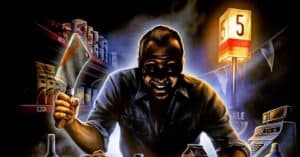

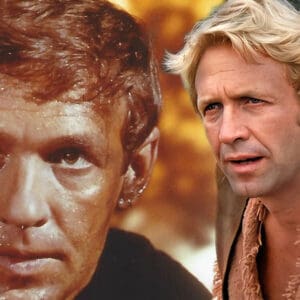
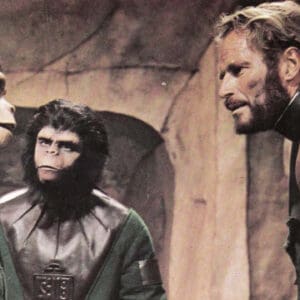
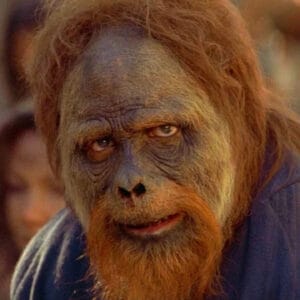
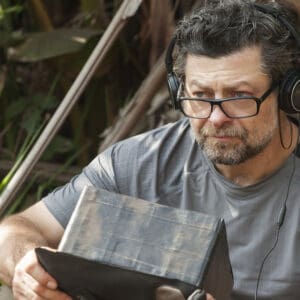



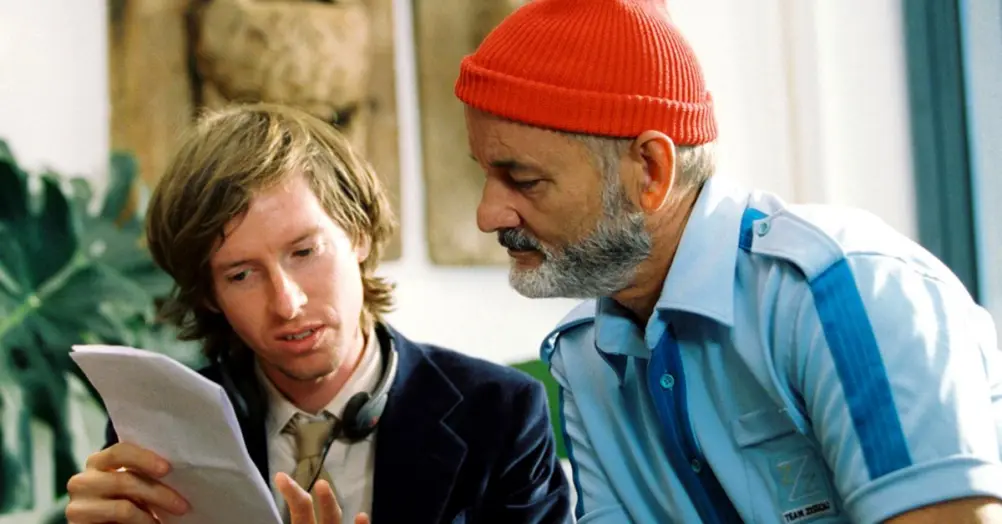
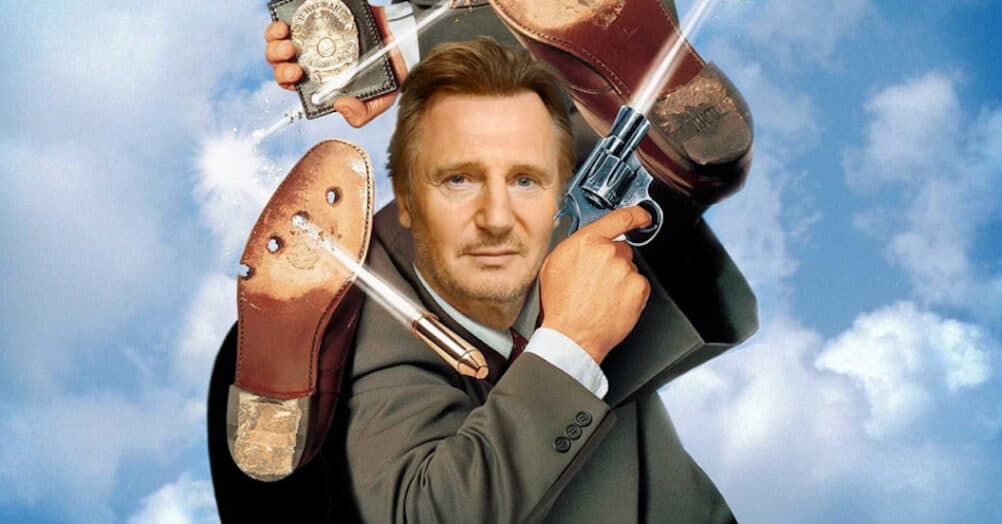



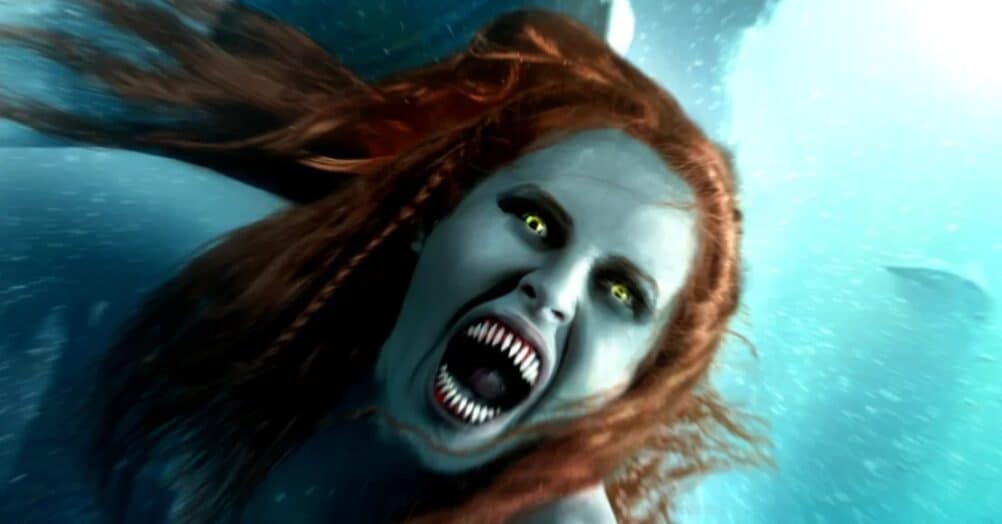

Follow the JOBLO MOVIE NETWORK
Follow us on YOUTUBE
Follow ARROW IN THE HEAD
Follow AITH on YOUTUBE